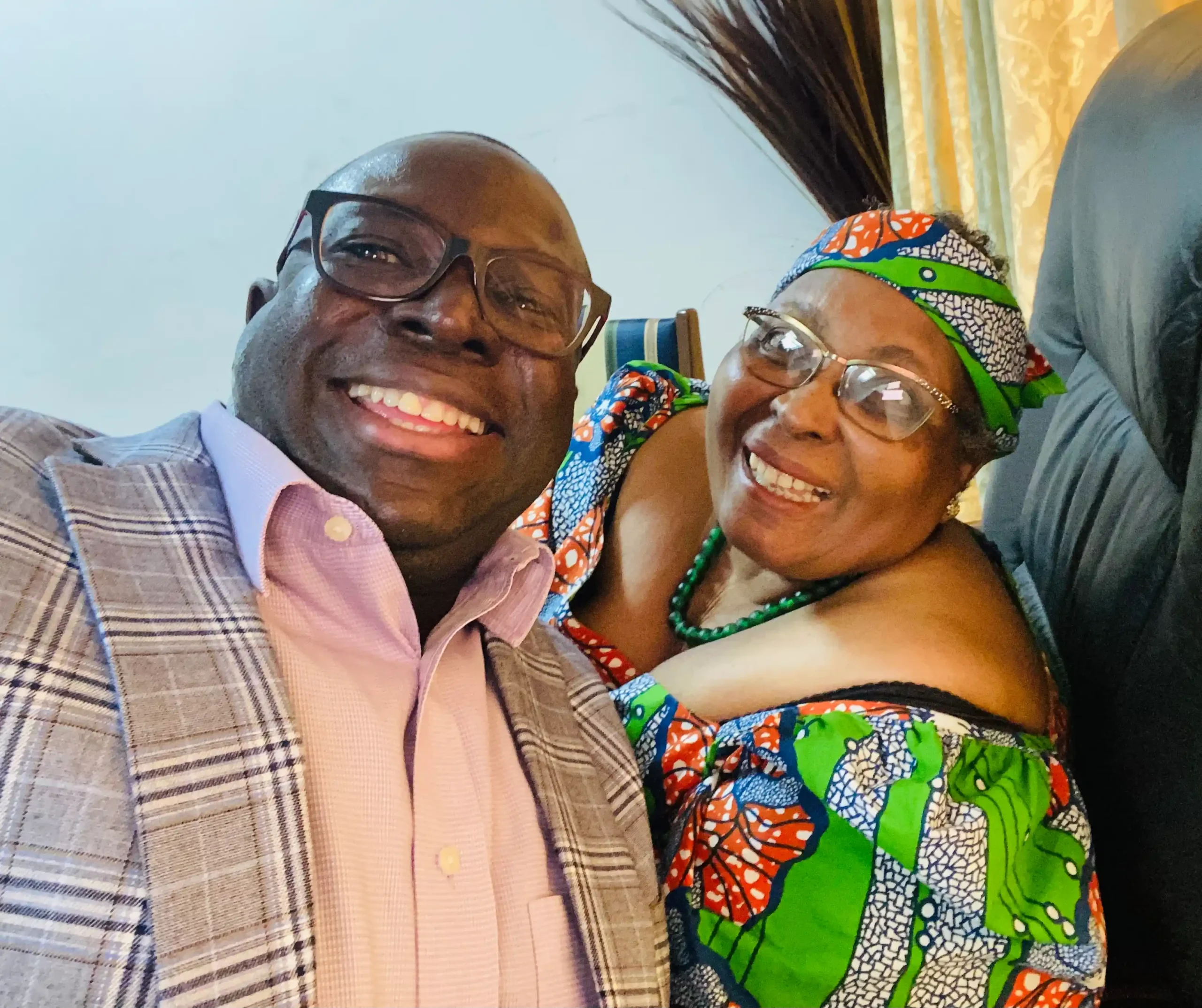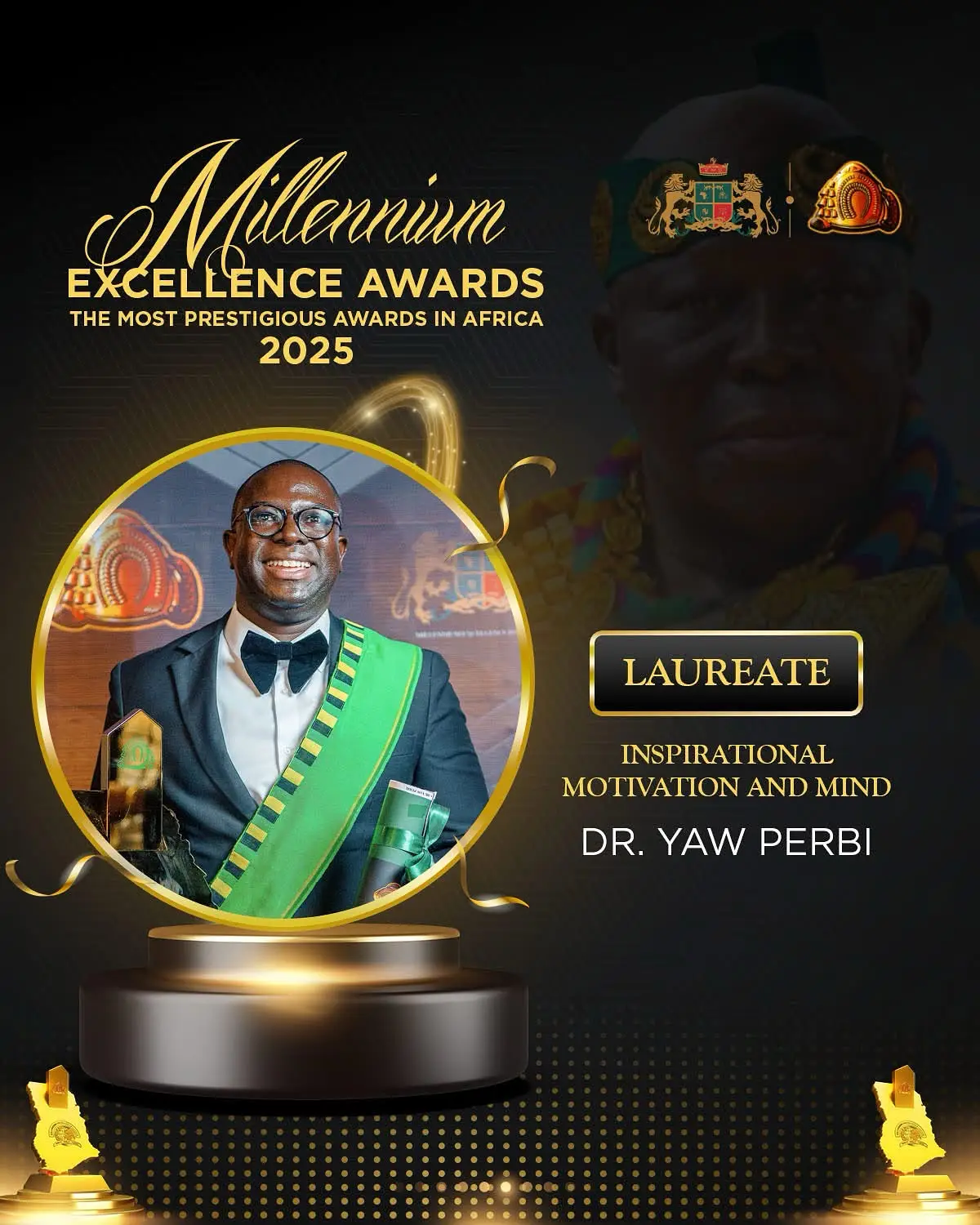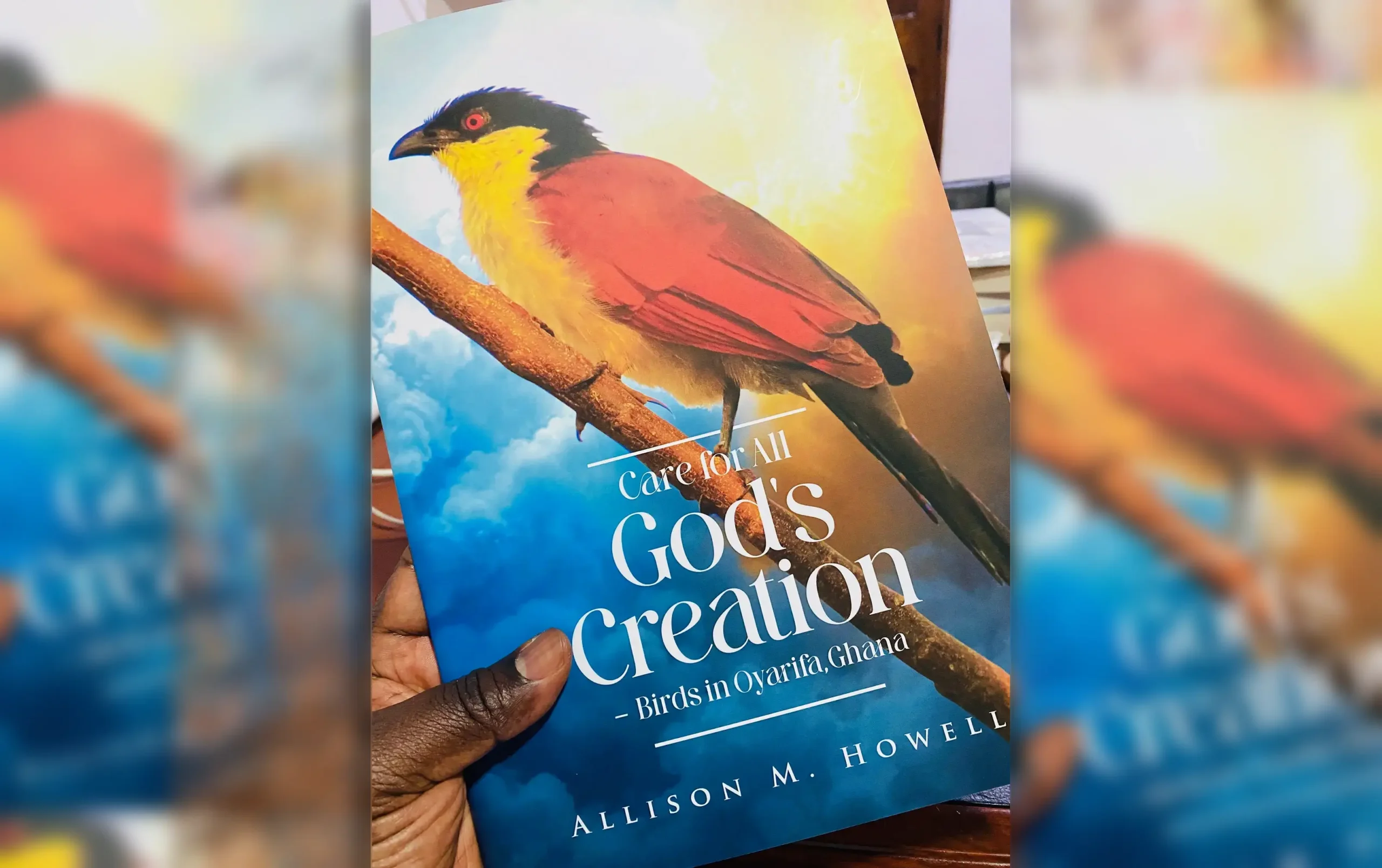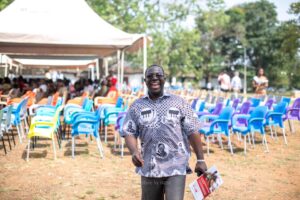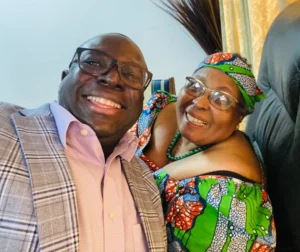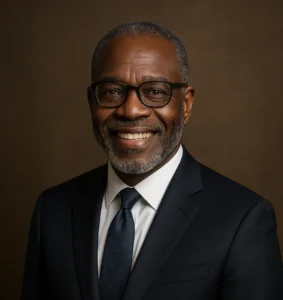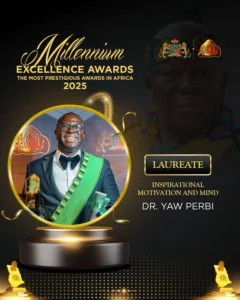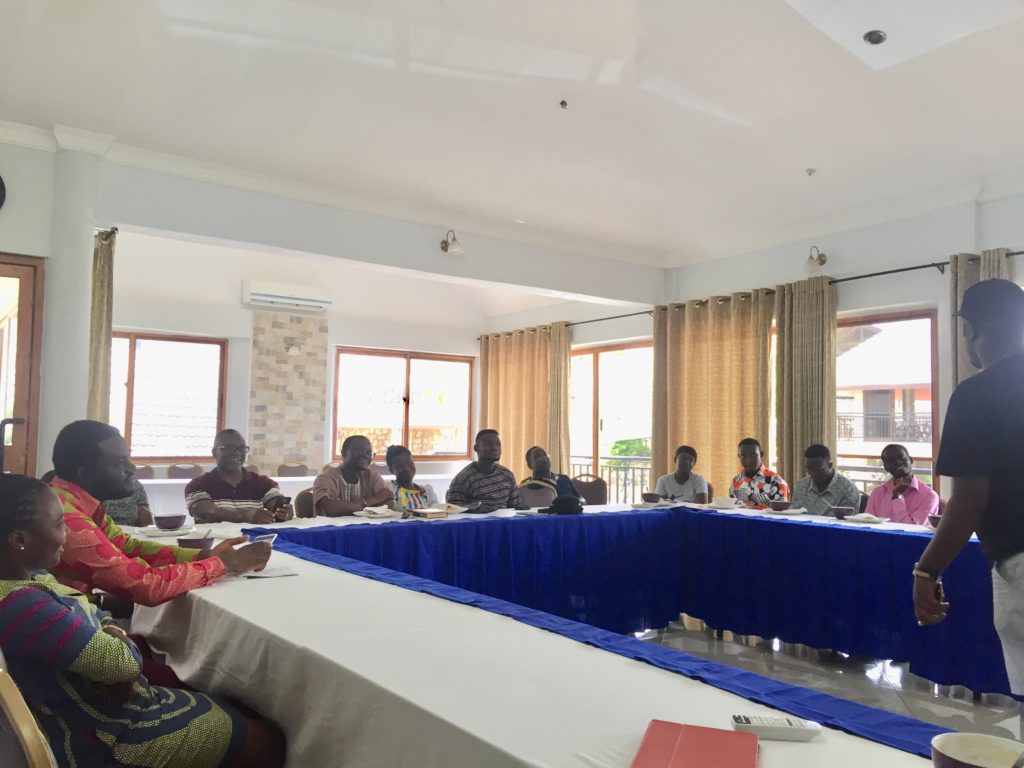
Andragogy (adult learning) and Pedagogy (teaching children) are miles apart
When I attended the University of Ghana Medical School (UGMS) I always thought the posture of most of my lecturers and professors was not only authoritative but even rather condescending. Now I know why. We were not exactly ‘kids;’ in fact, some of us were even married and such, and yet one of Knowles’ six core adult learning principles (Knowles 2015, 6)—prior experience of the learner—was being violated again and again.
Contrary to Lindeman’s foundation that “the resource of highest value in adult education is the learner’s experience” and that “experience is the adult learner’s living textbook” (20) we were rather treated as neophytes with not only nothing in our heads but nothing in our hands to offer either. I have been wondering whether any of the designers of our curriculum knew, considering their ‘sage on stage’ approach and ultimate ‘punishment’ of examinations that “authoritative teaching, examinations which preclude original thinking, rigid pedagogical formulae—all these have no place in adult education” (20).
Considering how deeply wounded my medical education experience has left me, and now understanding why from the principle of “prior experience of the learner” being violated, I resolve never to treat any adult learner the way I felt mistreated in my future design of educational programmes.
Taking the advice of Lindeman, this principle implies that in programme and/or lesson design “none but the humble become good teachers of adults” (21). It is a beautiful thing to see the experience of the adult learner esteemed so highly, even at par with the teacher’s knowledge! “In an adult class the student’s experience counts for as much as the teacher’s knowledge. Both are exchangeable at par. Indeed, in some of the best adult classes it is sometimes difficult to discover who is learning most, the teacher or the students” (21-22). Wow!
Reference
Knowles, Malcolm, et al. 2015. The Adult Learner: The Definitive Classic in Adult Education and Human Resource Development. San Francisco: Jossey-Bass.



